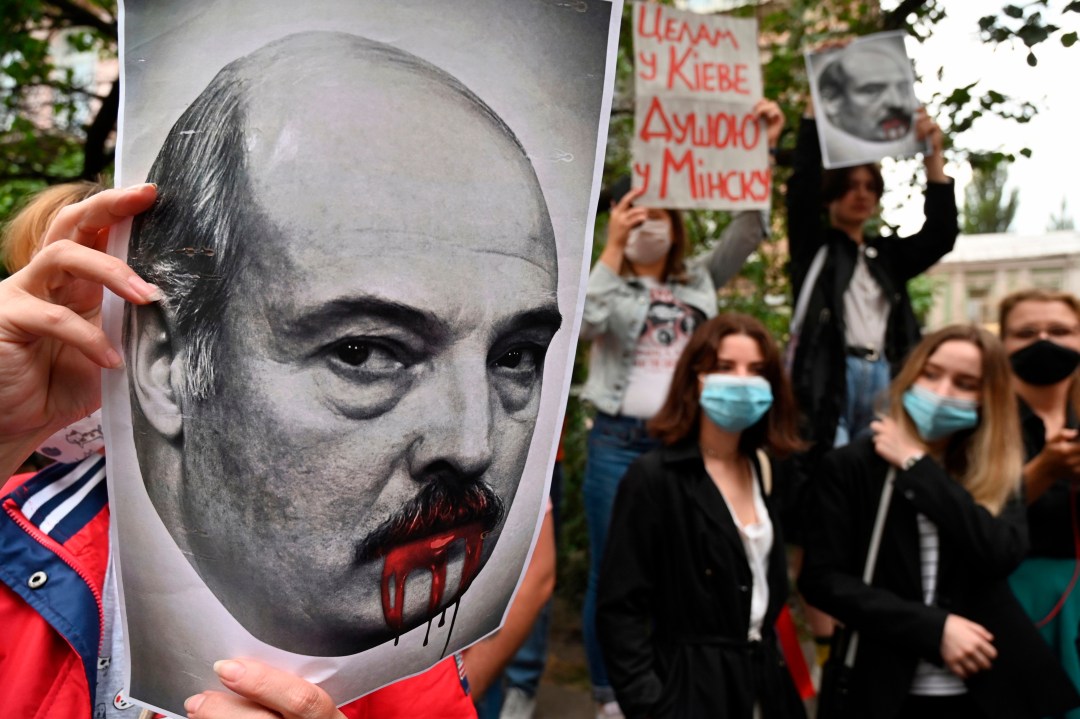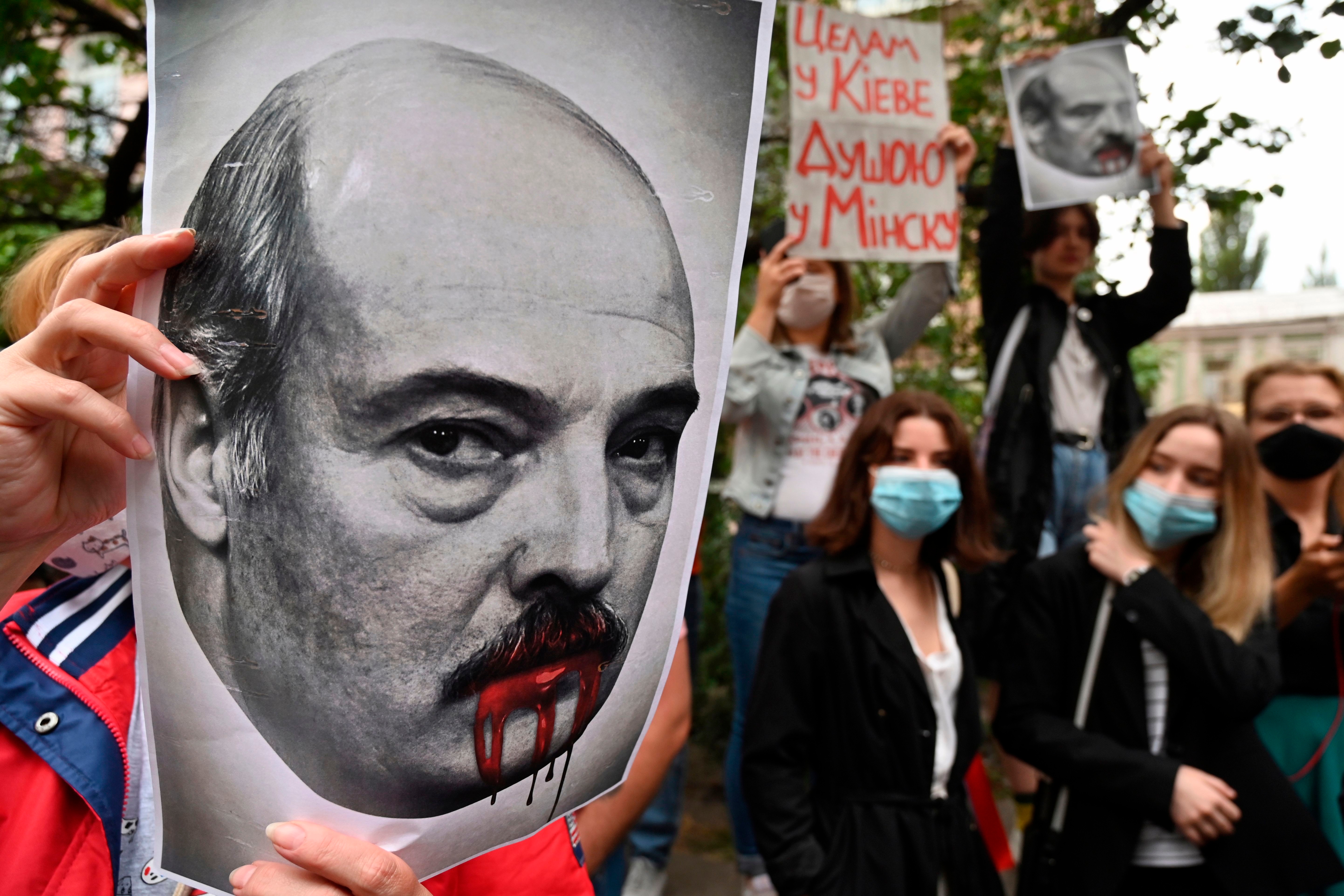When is the EU going to take action against Belarus, the Soviet dictatorship crumbling away on its eastern edge? Dominic Raab has announced that the UK will unilaterally impose ‘Magnitsky-like’ sanctions against Belarussian officials, blocking those complicit in the mass incarceration of protesters from operating within the UK. Meanwhile, at a Foreign Affairs Council meeting last month, Cyprus chose to veto proposed EU sanctions against Belarus. The move will further weaken a ‘non-binding’ resolution by the bloc which condemned president Alexander Lukashenko while refusing to recognise the result of August’s rigged election.
The European Parliament continues to falter in taking decisive, multilateral action against a dissident regime. Cyprus’s decision to veto the sanctions was driven by its broader dealings with Russia. Not for nothing is Cyprus known as ‘Moscow on the Med’ — a growing web of political and economic interests have tied this island nation to Moscow. It sends a clear message to reliant countries like Cyprus when the Kremlin condemns the EU’s ‘attempts to influence’ Belarus through ‘illegal unilateral sanctions’.
The Baltic states have sought to separate anti-Kremlin sentiment from anti-Russian feeling
The small Baltic states of Estonia, Latvia, and Lithuania, however, have become seasoned professionals in the realm of Kremlin-management.

Get Britain's best politics newsletters
Register to get The Spectator's insight and opinion straight to your inbox. You can then read two free articles each week.
Already a subscriber? Log in







Comments
Join the debate for just £1 a month
Be part of the conversation with other Spectator readers by getting your first three months for £3.
UNLOCK ACCESS Just £1 a monthAlready a subscriber? Log in